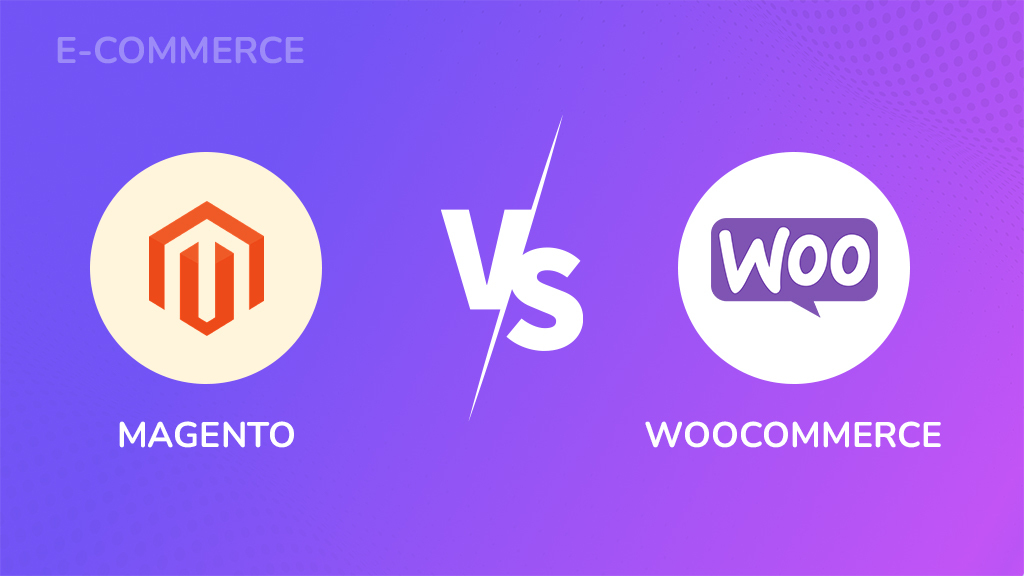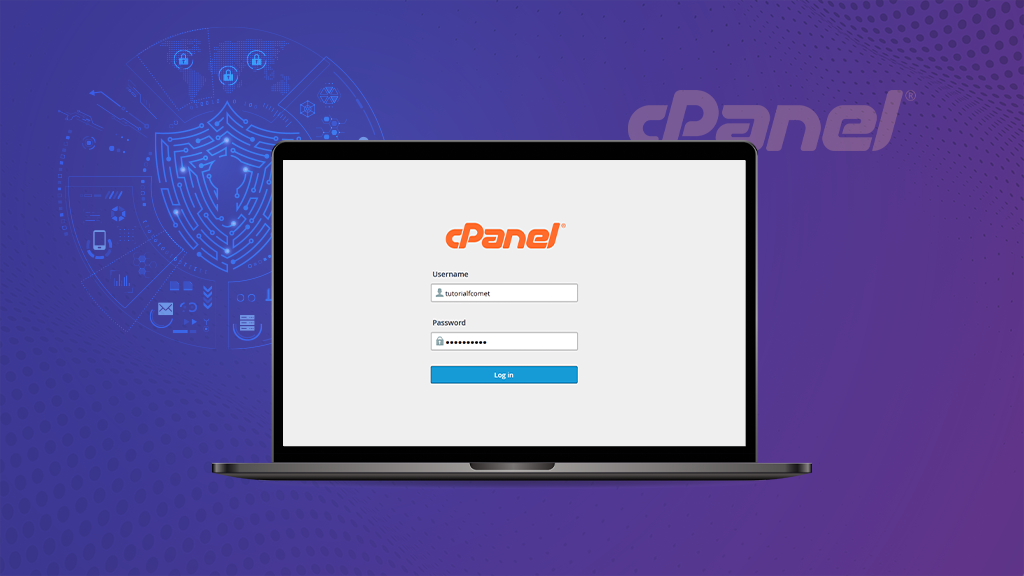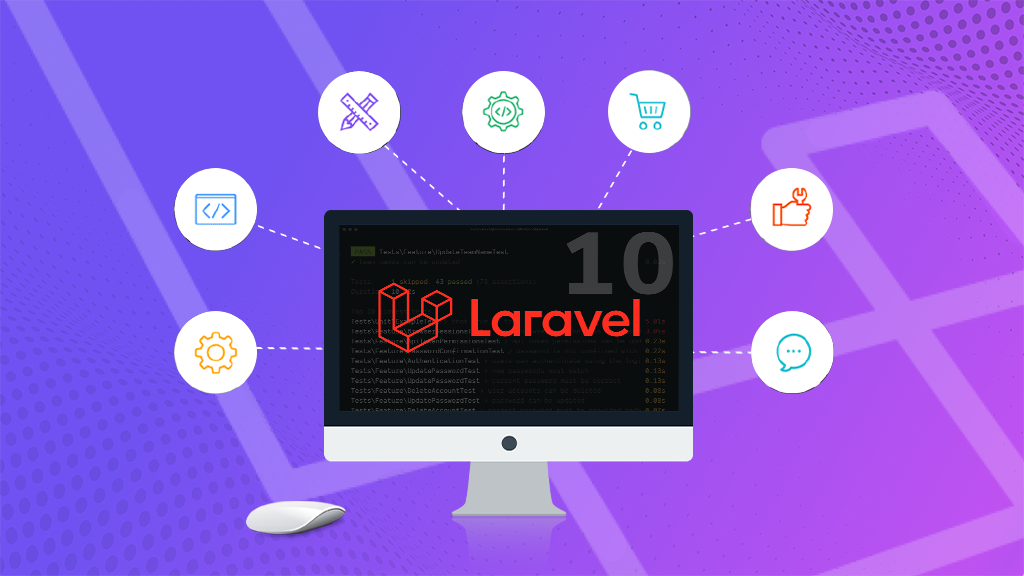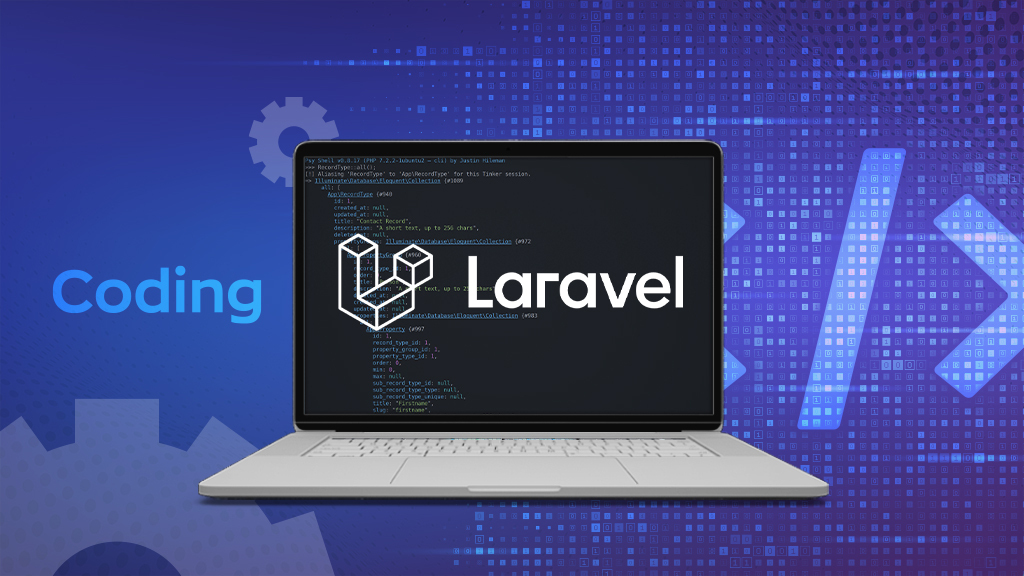
Understanding Dedicated Servers in E-commerce
A dedicated server tailored for an e-commerce site stands as a top-tier hosting solution, denoting a distinctive approach where the complete physical server is exclusively allocated to cater to the unique requirements and operations of a solitary online store.
A dedicated server for an e-commerce site embodies a hosting solution designed with a singular focus on delivering a premium, secure, and scalable environment for online retail operations. By providing exclusive resources, ensuring optimal performance, implementing stringent security measures, supporting scalability, and allowing for tailored configurations, dedicated servers indeed become a foundational element in fostering the success and growth of e-commerce ventures.
Table of Contents
- Understanding Dedicated Servers in E-commerce
- Benefits of Using a Dedicated Server for Your E-Commerce Website
- Exploring Various Categories of Dedicated Servers
- What Makes Dedicated Servers a Preferred Choice?
- How to Choose the Best Dedicated Server For eCommerce Business?
- Opt for BigCloudy’s Managed Dedicated Server Hosting
- Diverse Operating System Options for Dedicated Server Hosting
- Conclusion
Benefits of Using a Dedicated Server for Your E-Commerce Website
Using a dedicated server offers a multitude of advantages, extending beyond the basic points mentioned earlier:
1. Enhanced Performance
Dedicated servers ensure superior performance by providing exclusive access to the server’s resources. With no competition for bandwidth or processing power from other users, websites, and applications hosted on dedicated servers experience faster loading times and smoother operations.
2. Isolation from External Factors
Unlike shared hosting, dedicated servers shield your website or application from the impact of others’ activities. The isolation prevents performance dips during traffic spikes on neighboring sites, ensuring a consistently high level of performance.
3. Optimized Security Measures
Dedicated servers grant users full control over the server environment, empowering them to implement robust security measures. Furthermore, customers can install their preferred security software, configure firewalls, and control access permissions. This heightened security is particularly crucial for sensitive data and mission-critical applications.
4. Customization Flexibility
Dedicated servers allow for extensive customization, catering to specific needs and preferences. Users can configure the server settings, software stack, and other parameters according to their requirements, fostering a tailored hosting environment.
5. Resource Scalability
Scalability is a key advantage of dedicated servers. Users can easily scale up or down by adding or removing resources such as CPU, RAM, or storage without impacting other users. This flexibility ensures that the server can adapt to changing demands, making it an ideal choice for businesses with varying resource needs.
6. Reliable Uptime and Availability
Dedicated servers contribute to reliable uptime and availability. Since resources are dedicated solely to one user, the risk of downtime due to resource contention is significantly reduced. This is crucial for businesses that rely on continuous online availability for their operations.
7. Improved Network Performance
Dedicated servers often come with better network connectivity options. This translates to faster data transfer rates and lower latency, especially important for applications that demand real-time interactions or large data transfers.
8. Comprehensive Technical Support
Many dedicated server hosting providers offer comprehensive technical support. Moreover, users can benefit from specialized assistance for server setup, maintenance, and troubleshooting. This ensures that any technical issues are addressed promptly, minimizing downtime and disruptions.
9. Regulatory Compliance
For businesses dealing with sensitive data, dedicated servers offer better control over compliance with industry regulations. Users can implement specific security measures and protocols to meet regulatory requirements without compromise.
10. Isolation from Blacklisting
Shared hosting can pose the risk of IP blacklisting if other users engage in malicious activities. With a dedicated server, your IP address is exclusive, reducing the chances of being affected by the actions of other users and maintaining a clean reputation.
Exploring Various Categories of Dedicated Servers
Dedicated servers come in diverse types, each serving specific purposes and catering to distinct needs. Let’s delve into the various categories of dedicated servers:
1. Web Servers
i. Functionality
Web servers are designed to serve web pages to visitors over the internet. On the other hand, they actively listen for requests and, upon reception, process the request and deliver the necessary information to the user.
ii. Usage
Ideal for hosting websites, web servers play a fundamental role in making online content accessible to users.
2. Email Servers
i. Scope
Larger organizations handle substantial email traffic and often opt for dedicated email servers.
ii. Purpose
These servers are specifically configured to manage significant volumes of online messages. They provide users within the organization with a high degree of autonomy and enhanced security.
3. Web Application Servers
i. Deployment
Dedicated servers are surely utilized to run web applications, serving remote users.
ii. Resource Intensity
While sharing similarities with web servers, web application servers have additional prerequisites and typically consume larger amounts of resources to ensure optimal performance.
4. Database Servers
i. Specialized Function
In unique cases where data processing takes precedence, dedicated servers known as database servers come into play.
ii. Suitability
These servers are particularly adept at handling large data sets and managing multiple requests concurrently, making them ideal for scenarios demanding intensive data processing.
5. Game Servers
i. Gaming Environment
Game servers are integral to online gaming experiences which require substantial resources to handle the demands of multiple game streams.
ii. Resource-Intensive
Similar to application servers, game servers necessitate a robust infrastructure to cope with the heavy workload associated with serving multiple players engaged in online games.
Above all understanding the distinctions among these dedicated server types is crucial for aligning your hosting infrastructure with the specific requirements of your applications or services. Whether it’s serving web content, managing emails, running applications, processing extensive data, or facilitating online gaming, each type of dedicated server plays a specialized role in delivering optimal performance.
What Makes Dedicated Servers a Preferred Choice?
Choosing a dedicated server for your e-commerce site is a strategic decision that hinges on several key considerations. Here’s an in-depth exploration of when opting for a dedicated server becomes imperative:
1. High Traffic Volume
Selecting a dedicated server becomes paramount when your e-commerce site experiences substantial traffic or anticipates significant growth. The exclusive use of server resources ensures that your website can handle increased visitor numbers without compromising performance, leading to a seamless user experience.
2. Elevated Security Requirements
Opting for a dedicated server provides an elevated level of security control. This is crucial for e-commerce businesses, especially those dealing with sensitive products, and services, or storing customer data. The heightened security measures achievable with a dedicated server help in fortifying your e-commerce site against potential threats.
3. Demand for Extensive Storage Space
If your e-commerce site boasts a vast product catalog or manages extensive customer data, a dedicated server is indispensable. The larger storage capacity offered by dedicated servers surpasses what is available in shared hosting plans, ensuring that your e-commerce platform can efficiently handle and organize substantial amounts of data.
4. Specific Software Configuration Needs
When your e-commerce operations necessitate the use of specialized software that is incompatible with shared hosting environments, a dedicated server becomes the ideal solution. This flexibility indeed allows you to configure the server environment according to the specific software requirements of your e-commerce site.
5. 24/7 Support Requirement
E-commerce businesses thrive on uninterrupted availability to customers. Dedicated Server hosting providers typically offer 24/7 customer support, ensuring that any technical issues or concerns are promptly addressed. This continuous support is crucial for maintaining the reliability and availability of your e-commerce site around the clock.
How to Choose the Best Dedicated Server For eCommerce Business?
Selecting the optimal dedicated server involves thoughtful consideration of your requirements and a meticulous evaluation of hosting providers. Here’s a detailed breakdown of the key steps in choosing the right dedicated server:
1. Assess Your Requirements
i. Nature of E-commerce Site
Define the specific nature of your e-commerce site. Consider factors such as the size of your product catalog, the complexity of transactions, and any specialized functionalities your site may require.
ii. Anticipated Traffic Levels
Estimate the expected volume of traffic to your e-commerce site. Understanding your traffic patterns helps in determining the appropriate server capacity so that it ensures optimal performance during peak times.
iii. Resource Needs (CPU, RAM, Storage, Bandwidth)
Identify the resources critical for your e-commerce operations. Consider the required CPU power, RAM capacity, storage space for product data, and sufficient bandwidth to handle user interactions and transactions.
2. Choose a Reputable Hosting Provider
i. Customer Reviews
Research and read reviews from other customers who have used the hosting provider’s services. This firsthand feedback provides insights into the provider’s performance, reliability, and customer satisfaction.
ii. Price and Feature Comparison
Compare the pricing structures and features offered by different web hosting providers. Evaluate the value for money, ensuring that the chosen plan aligns with your requirements without unnecessary costs.
iii. Customer Support Quality
Prioritize hosting providers that offer robust customer support. Check for availability of support channels, response times, and the expertise of the support team. Henceforth reliable customer support is crucial for addressing technical issues promptly.
3. Verify Provider Reputation
i. Uptime and Reliability
Assess the hosting provider’s historical uptime and reliability. A reputable provider ensures that your e-commerce site experiences minimal downtime, contributing to a positive user experience.
ii. Security Measures
Investigate the security measures implemented by the hosting provider. Ensure that they offer features such as firewalls, regular security updates, and data encryption to safeguard your e-commerce site and customer data.
iii. Scalability Options
Consider the scalability options provided by the hosting provider. A reliable dedicated server plan should allow you to scale resources up or down based on the evolving needs of your e-commerce business.
4. Hardware Considerations
When considering the hardware for your server, it’s essential to focus on key components that significantly impact performance. Here’s an elaborate breakdown of these hardware considerations:
i. Central Processing Unit (CPU)
- Functionality
The CPU serves as the server’s brain, responsible for processing all incoming requests. Opt for a powerful CPU, particularly crucial for high-traffic e-commerce sites where numerous requests must be swiftly and efficiently handled.
- Performance Scaling
Consider the scalability of the CPU to ensure that it can accommodate potential increases in traffic and transaction volumes. This adaptability is essential for maintaining optimal performance during periods of heightened activity.
ii. Random Access Memory (RAM)
- Memory Storage
RAM functions as the server’s temporary data storage. Having more RAM enables the server to concurrently serve a larger number of users and efficiently handle multiple transactions simultaneously.
- User Experience Improvement
Adequate RAM is essential for preventing lag and delays, contributing to a seamless and responsive user experience, especially critical for e-commerce sites with varying user loads.
iii. Storage
- Data Size Consideration
The amount of storage required depends on the size of your e-commerce site and the volume of product and customer data. Evaluate your storage needs comprehensively to ensure that the chosen server configuration can accommodate current and future data requirements.
- HDDs vs. SSDs
Choose between Hard Disk Drives (HDDs) and Solid-State Drives (SSDs) based on your priorities. HDDs are cost-effective and offer greater storage space, while SSDs are known for their speed and reliability. Consider the balance between cost and performance that aligns with your specific needs.
iv. Bandwidth
- Definition
Bandwidth refers to the amount of data that can be transferred between your server and the internet. Adequate bandwidth is crucial for ensuring smooth data flow, especially for e-commerce sites expecting high traffic.
- Scalability
Assess the scalability of the server’s bandwidth to accommodate increased traffic. A server with high bandwidth capabilities is essential for preventing bottlenecks and maintaining optimal performance during peak usage periods.
Opt for BigCloudy’s Managed Dedicated Server Hosting
Unlock a suite of advanced features with our managed dedicated server hosting to elevate your online presence:
1. Global Datacenters
Access our hosting services globally, with strategically located data centers. Choose the location that aligns with your specific requirements, ensuring optimal performance and responsiveness.
2. Enterprise Security
Ensure the safety of your online assets with our robust security features. Benefit from automatic updates, DDoS protection, and high-grade hardware that collectively fortify your server against cyber threats. Minimize vulnerabilities and enhance the overall security posture of your hosted environment.
3. Control Panel Variety
Experience seamless server management with our diverse array of control panels. Whether you prefer cPanel, Plesk, or DirectAdmin, our hosting platform supports multiple control panel options. This versatility ensures ease of use and compatibility with various operating systems.
4. Full Root Access
Empower your hosting experience with full root access, providing unparalleled control over your dedicated server. Enjoy instant provisioning, superior performance, and the flexibility to configure your server environment to meet specific requirements. From Intel I3-540 to Dual Xeon 5650 processors, our servers are equipped for optimum performance.

Diverse Operating System Options for Dedicated Server Hosting
Explore a spectrum of operating system choices tailored to meet your specific preferences and requirements with our dedicated server hosting. Each option is carefully curated to provide a seamless and efficient hosting experience:
1. CentOS
i. Stability and Reliability
CentOS stands as a robust and stable option, known for its reliability in server environments. It is an open-source distribution that inherits features from its upstream source.
ii. Long-Term Support
Benefit from long-term support and a community-driven approach, ensuring that your server infrastructure remains secure and up-to-date.
2. AlmaLinux
i. Enterprise-Grade Performance
AlmaLinux, designed as a CentOS replacement, offers enterprise-grade performance. It inherits the stability of CentOS while introducing additional updates and improvements.
ii. Community-Supported
Join a vibrant community of users and contributors, ensuring ongoing support, updates, and a collaborative environment.
3. Debian
i. Staunch Commitment to Free Software
Debian, known for its commitment to free and open-source software, provides a flexible and customizable platform for your dedicated server.
ii. Extensive Software Repositories
Avail yourself of a vast array of software options through Debian’s extensive repositories, empowering you to configure your server environment to meet specific needs.
4. Ubuntu
i. User-Friendly Interface
Ubuntu, with its user-friendly interface, is an excellent choice for those seeking ease of use. It provides a balance between accessibility and advanced features.
ii. Regular Updates and Security Patches
Stay up-to-date with regular updates and security patches, ensuring that your Ubuntu-powered dedicated server remains resilient against evolving security threats.
Conclusion
In conclusion, choosing the right dedicated server involves a thorough understanding of your e-commerce site’s requirements, a comprehensive assessment of hosting providers, and careful consideration of factors such as customer reviews, pricing, features, and customer support quality. By prioritizing these aspects, you can make an informed decision that ensures the optimal performance, security, and scalability of your e-commerce venture.








